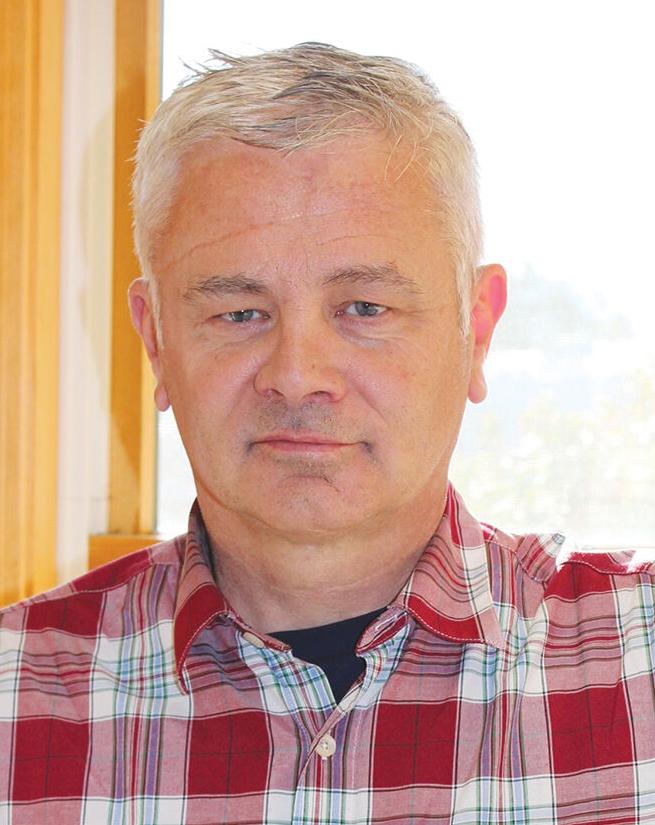State sees some revenues grow but faces shortfall in transportation fund
The state budget is constructed each year based on revenue estimates produce by the two state economists, one contracted by the Legislature and the other contracted by governor’s office.
State statute lays out the process that produces revenue estimates. Statute says that “on or about January 15 and again by July 31 of each year, and at such other times as the Emergency Board or the Governor deems proper, the Joint Fiscal Office and the Secretary of Administration shall provide to the Emergency Board their respective estimates of State revenues in the General, Transportation, Transportation Infrastructure Bond, and Education Funds.”
Personally, I find the economic reviews and the revenue forecast updates to be the most interesting things about being in the Legislature. Serving on both the joint fiscal and appropriations committees, we get revenue updates directly from the economists themselves. We learn firsthand about what’s going on in the economy and what the trends and concerns mean.
This year’s January revenues were above estimates in both the general and education funds. Revenues were very good in both funds. Tracking documents show the general fund running $66 million above estimates with the majority of that increase coming from income taxes, which ran $56 million over estimates.
Education fund revenues are also running ahead. It’s now projected that the education fund will have nearly $100 million in unreserved or unallocated funds by the end of the year in June.
The state transportation fund, on the other hand, is experiencing anemic revenues. The estimates are that this fund will have a gap of roughly $79 million between revenue shortfalls and budget needs over the next three years.
The governor’s recent fiscal year 2024 proposed budget fills that gap by moving monies from the general fund. Without these funds or without increased new revenues to the transportation fund, we will lose the ability to draw down about $400 million in federal matching funds for transportation construction projects and almost no one in state government wants that to happen.
I expect before this session is over one of the most controversial issues of the session will be how we fill this gap. Transportation fees — things like car registrations — haven’t increased since 2017 and many in the Legislature believe those fees should be adjusted to reflect increasing transportation construction costs. However, it is easy to see why the administration proposed the transfer because of surpluses in the general fund.
The one thing we can all agree on is that we can’t afford to leave federal monies we’re entitled to on the table. Construction costs are increasing, and we can’t afford to let our highway system deteriorate.
Senator Richard Westman, a Republican from Cambridge, represents all the towns in Lamoille County, except for Stowe, in the Vermont Senate.




